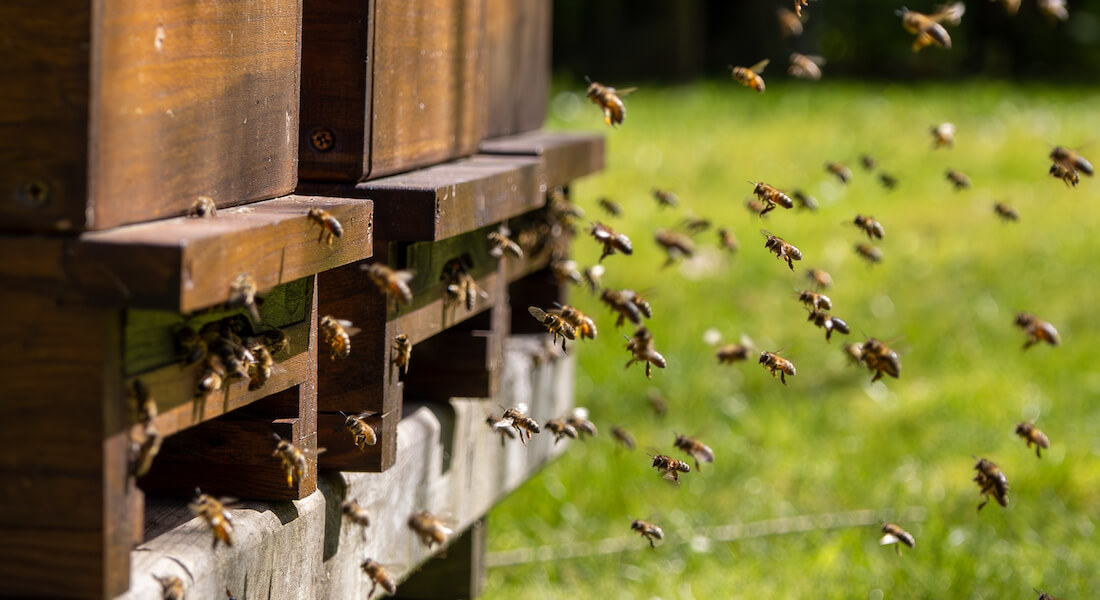Ethicists’ commentary on current considerations when advising on destroying honeybee colonies

Ethical question of the month, October 2023
You are a veterinarian who advises on the care of honeybees. You have a client with a colony that is suspected to be infected with American foulbrood, a reportable disease in bees. You contact the provincial apiculturist, who advises that, as soon as the diagnosis is confirmed, the colony should be immediately euthanized. The recommended euthanasia methods are either pouring soapy water over the bees to drown them or burning the entire hive and colony. Soapy water can take up to 90 min to kill the entire colony. Bees are regarded as sentient animals with complex social structures and highly adapted communication abilities. Drowning or burning seem like archaic and inhumane methods to dispose of sentient animals. Is it appropriate for veterinarians to advise beekeepers to employ these methods, given what is now known about bee cognition and other current techniques, including a recent report in The CVJ (Can Vet J 2022;63:541–544)?
Clare Palmer, Peter Sandøe, & Dan Weary comment on this dilemma and you can read it here: Ethicists’ commentary on current considerations when advising on destroying honeybee colonies (pdf)
